Kenya lifted a 10-year ban on cultivating and importing genetically modified (GM) crops in October 2022. Scientists, who see GM crops as the answer to food insecurity, welcomed the decision.
However, the move is opposed by lobby groups that went to court and got an injunction, thus blocking the implementation of the government’s decision. While a judgment is yet to be delivered, the cultivation of Bt cotton is ongoing in the country, and scientists say the demand for seeds so far outstrips the supply.
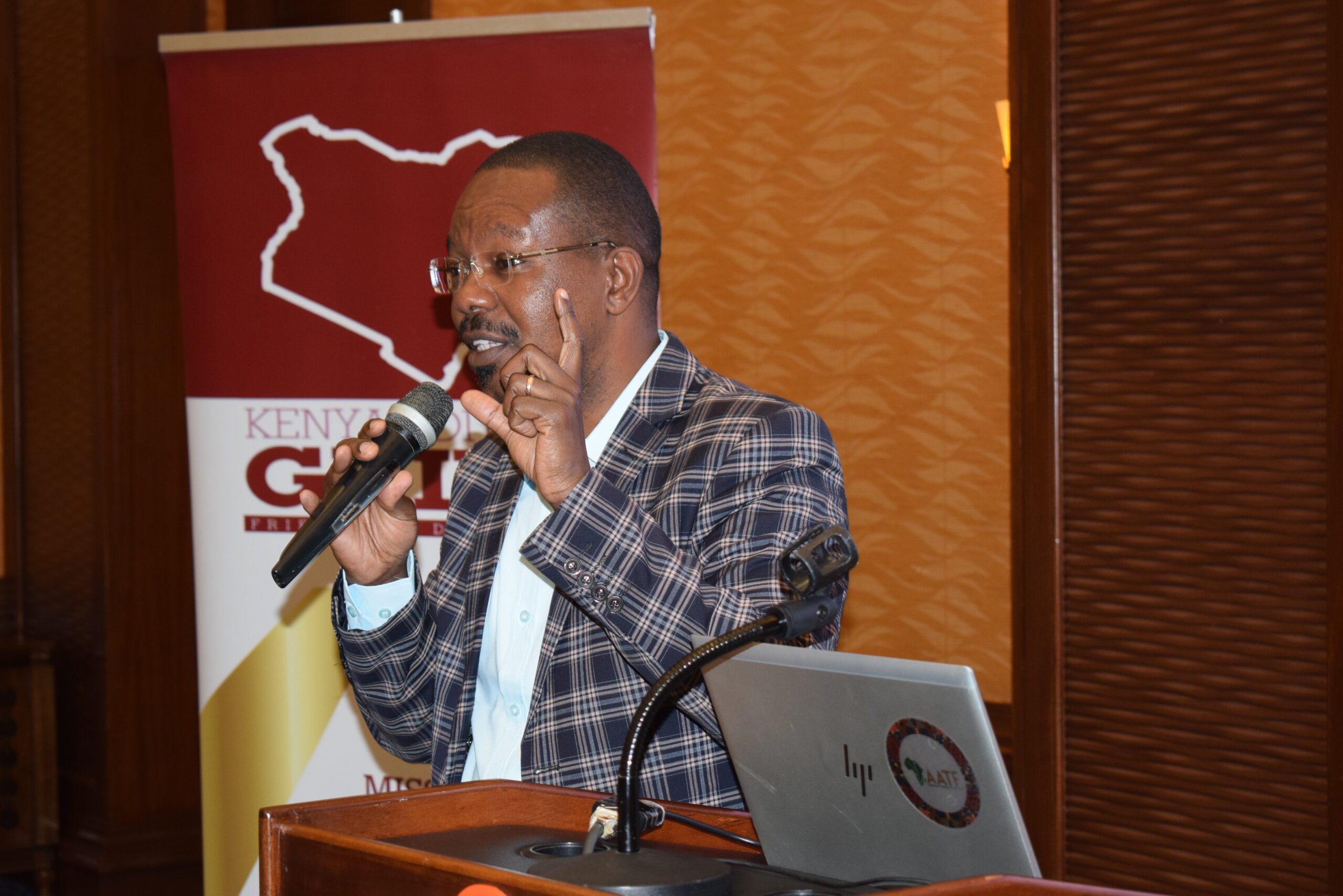
“When Bt cotton went to the market for the first time, there was a very sharp demand beyond our expectations after the first harvest because it did very well,” Dr Martin Mwirigi, the head of the Biotechnology Research Institute at the Kenya Agricultural and Livestock Research Organization (Kalro), said when Kenya Editors Guild (KEG) members met with biotechnology experts in Nairobi on August 1, 2023.
“Corn production in Kenya has decreased by 35 percent from 2018 to 2022 because there is no insect- or pest-tolerant variety in the market.”
Also, local scientists are busy in the laboratories, doing what they know best as they hope that the court cases will be dispensed with soon enough so that they can contribute to the country’s food security through biotechnology. According to the National Biosafety Authority (NBA), Kenya has approved 58 GMO projects – 40 for contained use in the laboratory or greenhouse, 15 for confined field trials, and three for environmental release or commercial cultivation.
“All technology is local. They still tell you that Monsanto is financing GMOs, yet Monsanto doesn’t exist anymore. We only get research support, and nothing is wrong with that.”
The three that have been approved for commercial cultivation are Bt cotton, which was commercialized in January 2020; Bacillus thuringiensis (Bt) corn which was approved by NBA in October 2022 and is now awaiting submission to the National Variety Release Committee (NVRC); and virus-resistant cassava, which is undergoing National Performance Trials by the Kenya Plant Health Inspectorate Service (KEPHIS).
Pending court cases
Four varieties of Bt cotton have been recommended for release by the National Performance Trials Committee (NPTC). Still, they are yet to undergo Distinctness, Uniformity, and Stability (DUS) testing. In comparison, six varieties have undergone NPT and DUS but have not been released due to pending court cases.
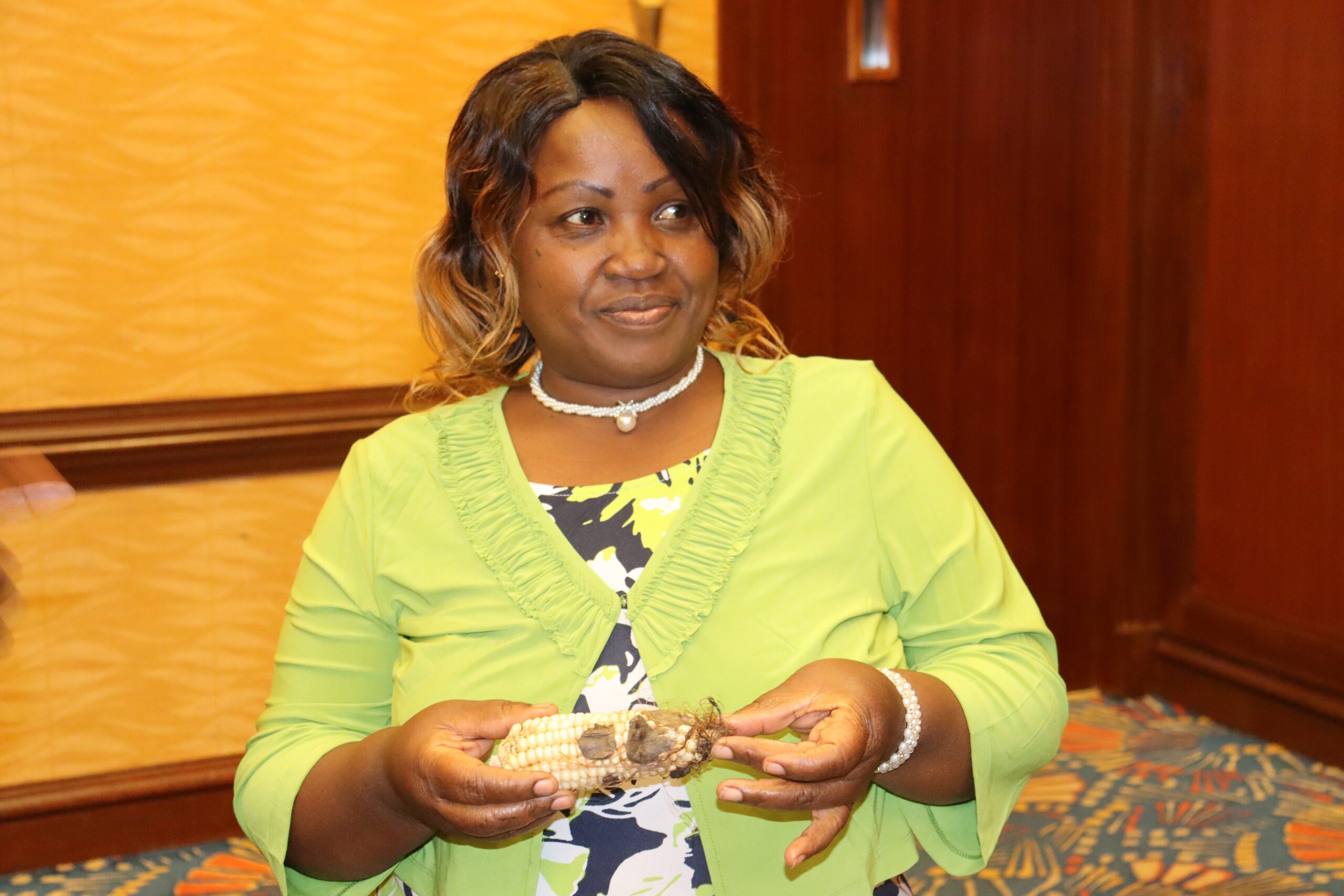
“Ever since I was young, when my parents were farmers, I never saw corn crops sprayed with chemicals to kill pests or prevent diseases,” said Wambui Kimani, a corn farmer in Juja, Central Kenya. But today, that has changed due to the resilient fall armyworm, stem borer, and maize lethal necrosis disease.”
When she started farming eight years ago, she would get bumper harvests of corn every season, but not anymore, thanks to frequent pest attacks, diseases, and unpredictable weather patterns. She believes the only solution for her and other farmers of Kenya’s staple grain is the Bacillus thuringiensis (Bt) corn.
Ten African countries have GM crop approvals, with South Africa approving GM cotton, corn, and soybeans, and Nigeria, Ethiopia, Kenya, Sudan, Eswatini, and Malawi allowing pest-resistant cotton, cowpea, corn, and brown streak virus-resistant cassava.
This genetically modified variety is drought-tolerant and resistant to pests and diseases. But Wambui and other corn farmers in Kenya must wait before trying out the GM crop due to four court cases filed against cultivating, importing, and commercializing genetically modified organisms (GMOs) in Kenya. Three varieties of Bt corn have been recommended for release, but the court cases are blocking their presentation to NVRC for consideration, said Lucas Suva, Principal Inspector at the Plant Variety Protection Office at KEPHIS.
“Eight varieties for GM cassava are currently under NPT,” Suva said at the KEG meeting.
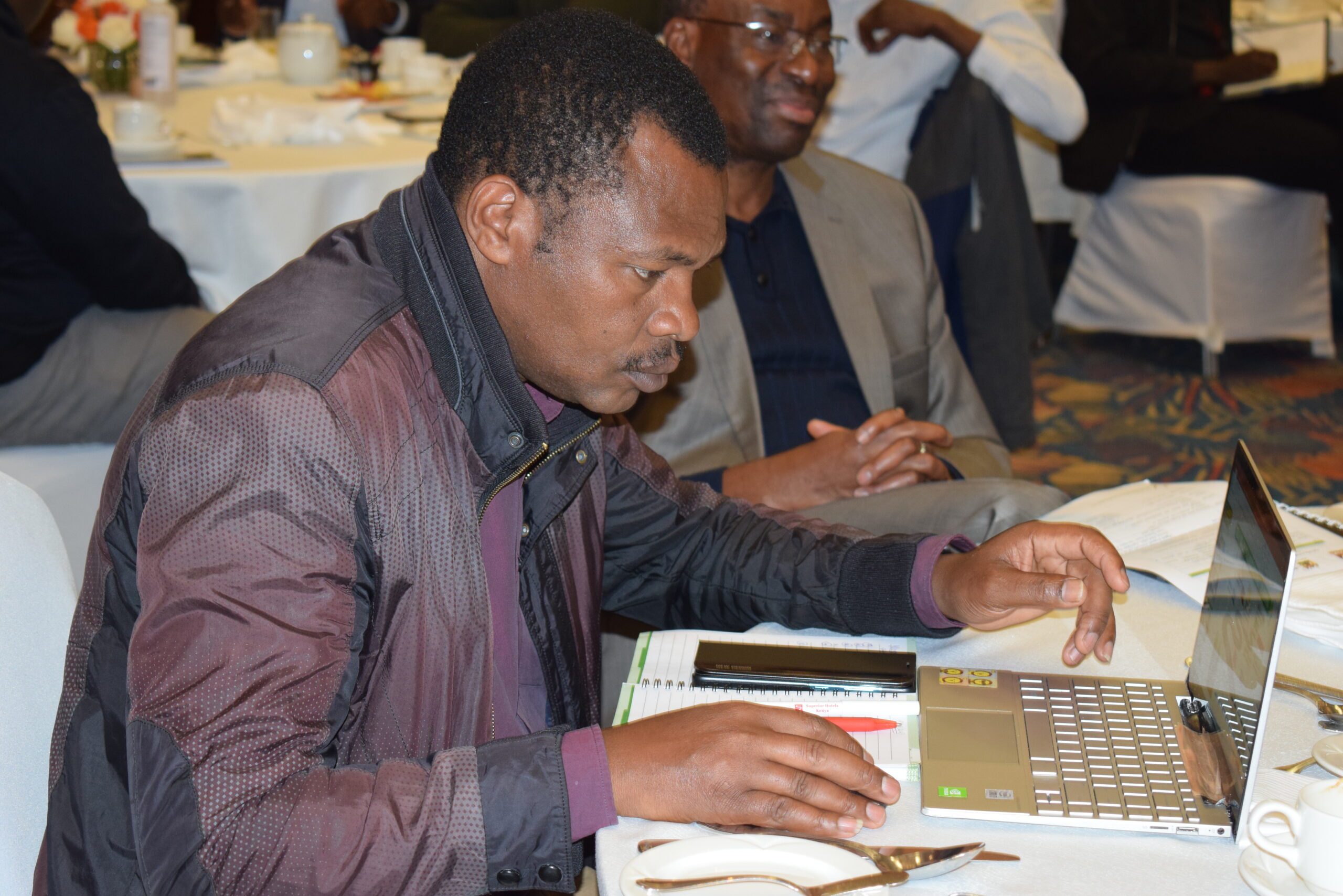
Dr James Karanja, a research officer from Kalro, said the TELA Bt corn is the answer to Kenya’s food insecurity situation because it has a guaranteed yield of 10 more bags per acre without pesticide use. It also assures quality grain and reduced aflatoxin contamination.
“Corn production in Kenya has decreased by 35 percent from 2018 to 2022 because there is no insect- or pest-tolerant variety in the market,” said Dr Karanja.
Genetically modified crops helped to reduce poverty and hunger, benefitting about 17 million smallholder farmers and their families, totaling more than 65 million people.
According to the Food Security and Nutrition Analysis Unit (FSNAU), food insecurity is a recurring issue, with 3.2 million Kenyans in the arid and semi-arid regions facing high levels of acute food insecurity as of September 2022. Nonetheless, all is not lost as Kenyan scientists leverage technology to alleviate the situation, contrary to misinformation by anti-biotech activists that Kenya is importing harmful GMO technology.
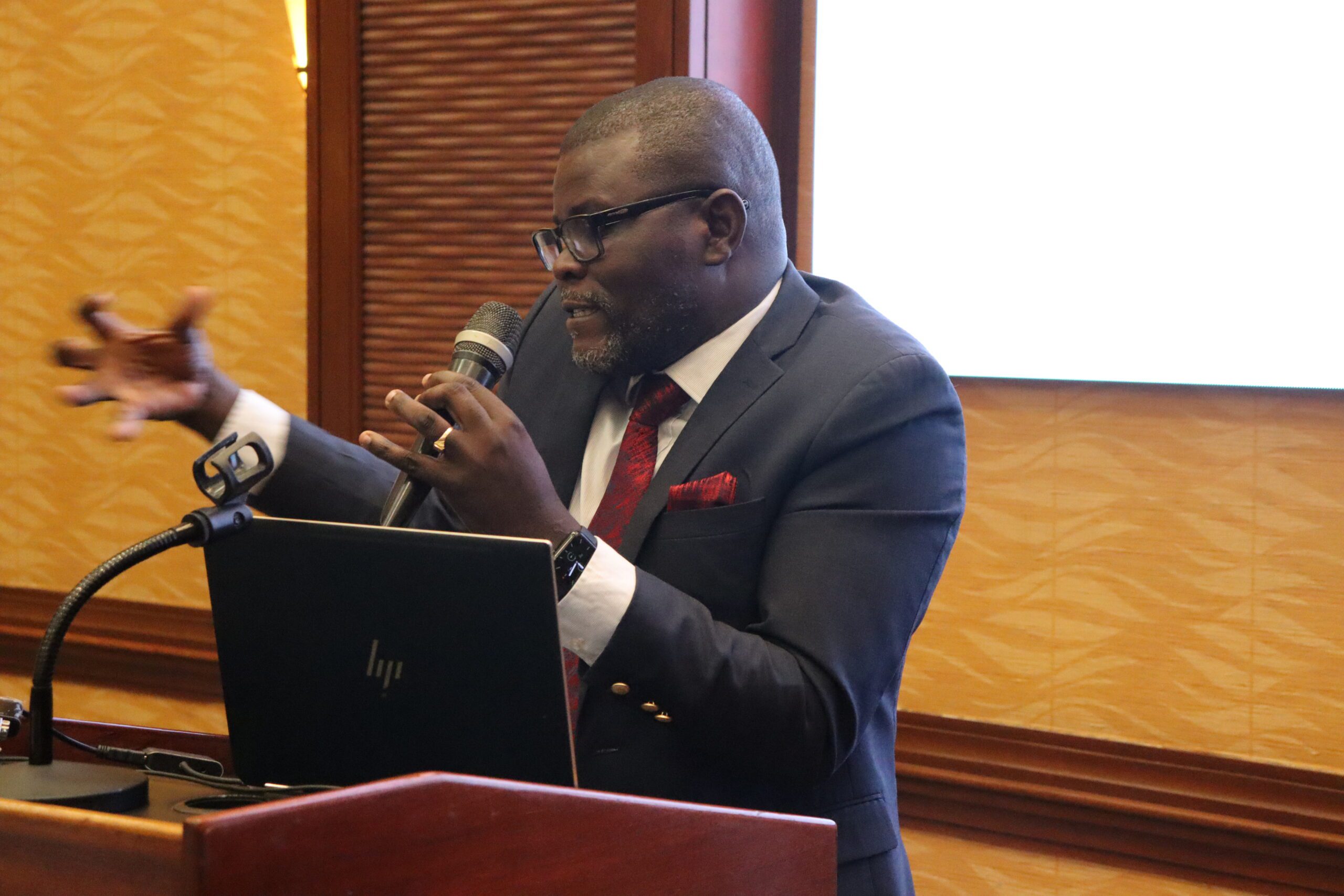
“All technology is local. They still tell you that Monsanto is financing GMOs, yet Monsanto doesn’t exist anymore. We only get research support, and nothing is wrong with that,” said Prof Richard Oduor, Kenya University Biotech Consortium (Kubico) chair and Acting Registrar, Research, Innovation and Outreach at Kenyatta University.
Developing nations accounted for 54 percent of the hectares under biotech crops globally.
Prof Oduor called on the Kenyan media to remove misinformation on GMOs, saying the country will remain behind as others adopt modern technologies to solve everyday problems such as food insecurity. In Africa, at least ten countries have GM crop approvals, with South Africa approving GM cotton, corn, and soybeans, and Nigeria, Ethiopia, Kenya, Sudan, Eswatini, and Malawi allowing pest-resistant cotton, cowpea, corn, and brown streak virus-resistant cassava.
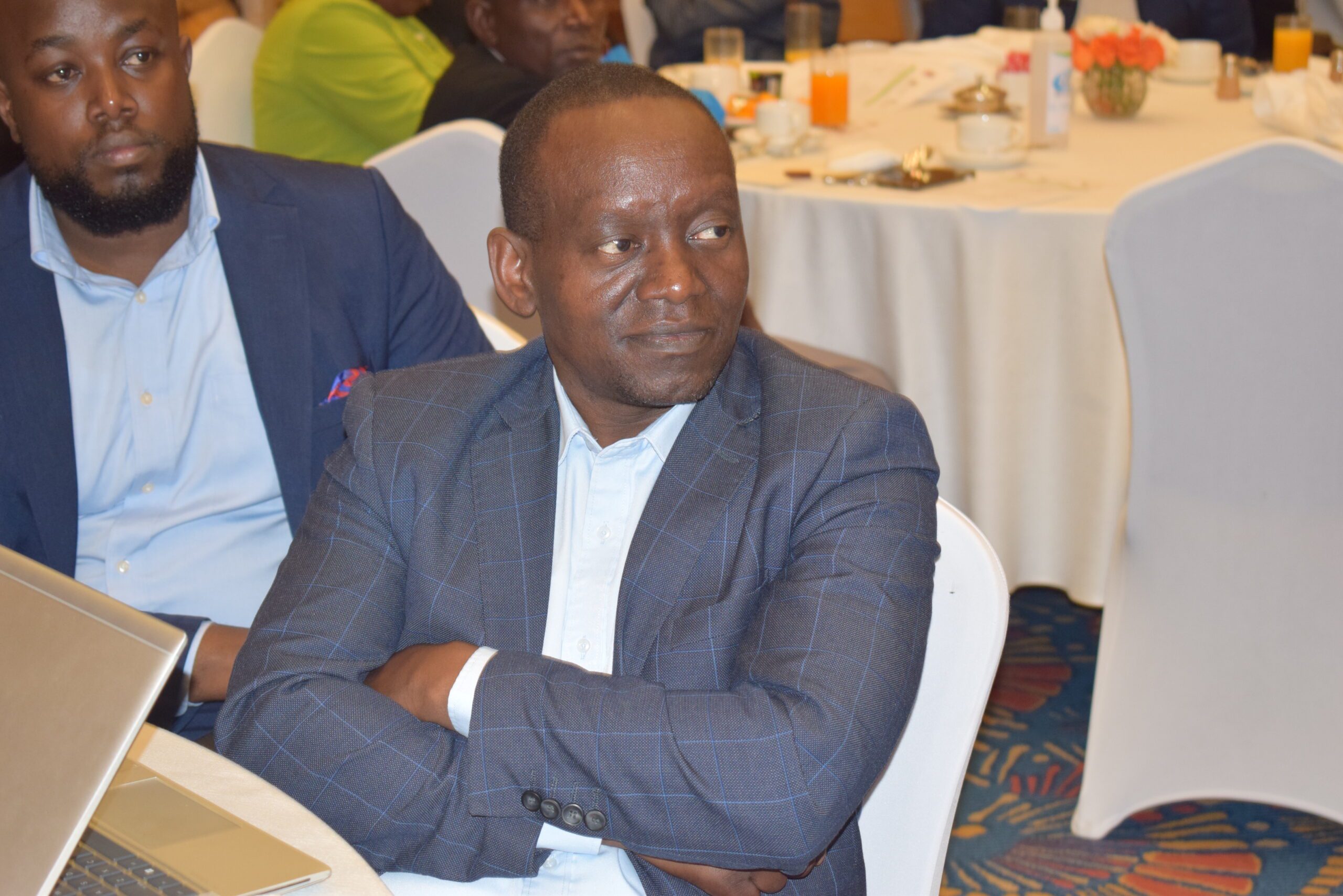
“This technology is expensive; few people want to be in that space of developing GM varieties. Many countries have struggled to create functional systems,” said Abed Mathagu, Programme Officer, Regulatory Affairs at the African Agricultural Technology Foundation (AATF). “In the last 20 years, African countries have made various endeavors to develop National Biosafety Frameworks (NBFs).”
“Misinformation and disinformation have clouded public perception, leaving people uncertain about the safety of biotechnology products, specifically GMOs.”
According to the Alliance for Science, in 2018, 18 million farmers in 26 African countries chose to grow GM crops. Developing nations accounted for 54 percent of the hectares under biotech crops globally. GM crops helped to reduce poverty and hunger, benefitting about 17 million smallholder farmers and their families, totaling more than 65 million people.
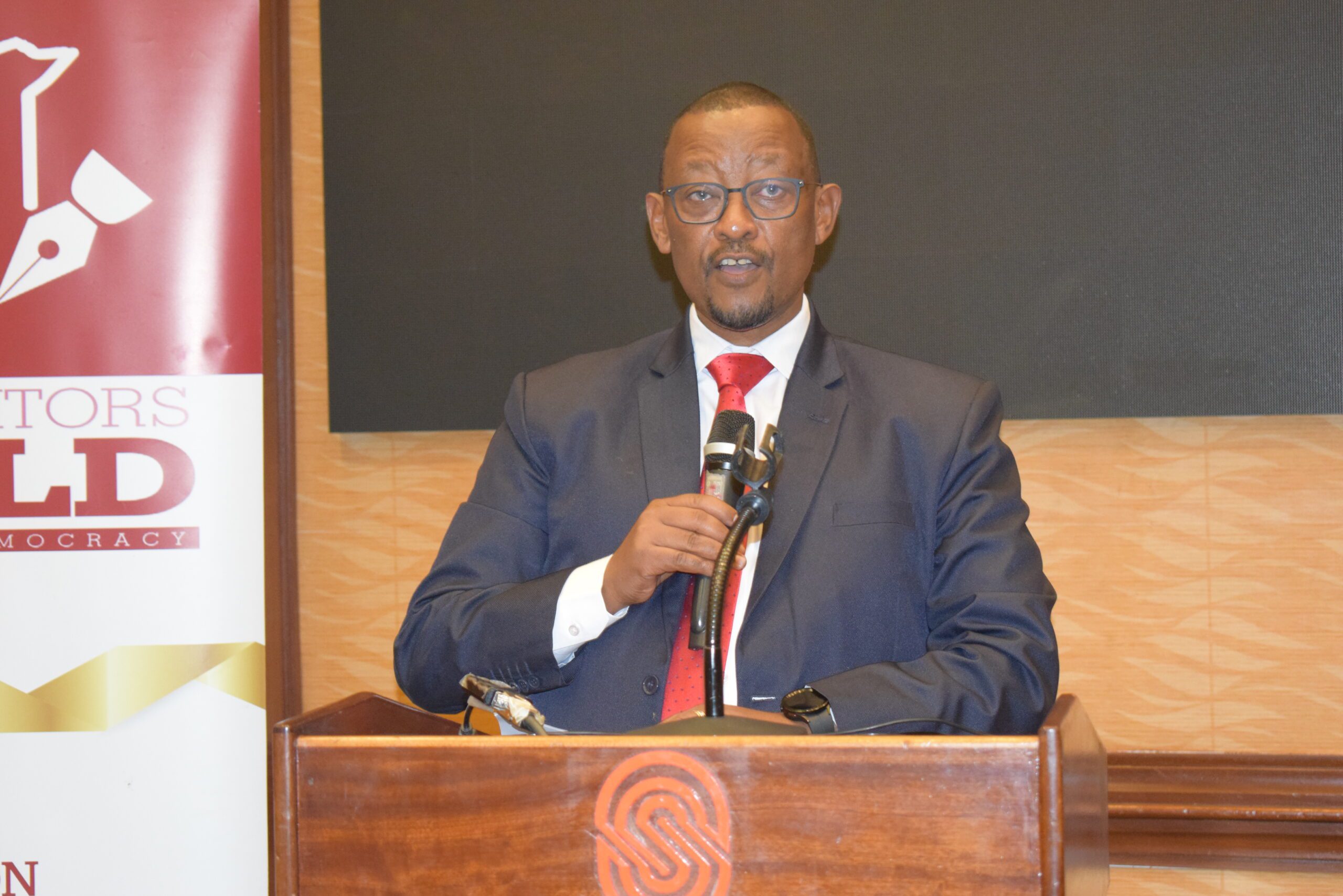
AATF Executive Director Canisius Kanangire said that for Kenya and Africa in general, the biotechnology pipeline is poised to deliver even more on other value chains as an important step towards enhancing food security.
Enrich the quality of conversations
“Unfortunately, misinformation and disinformation have clouded public perception, leaving people uncertain about the safety of biotechnology products, specifically GMOs,” said Dr Kanangire. He called on the editors to become part of the dialogue and bring in perspectives that will help inform, educate, and enrich the quality of conversations on innovative scientific technologies in agriculture.
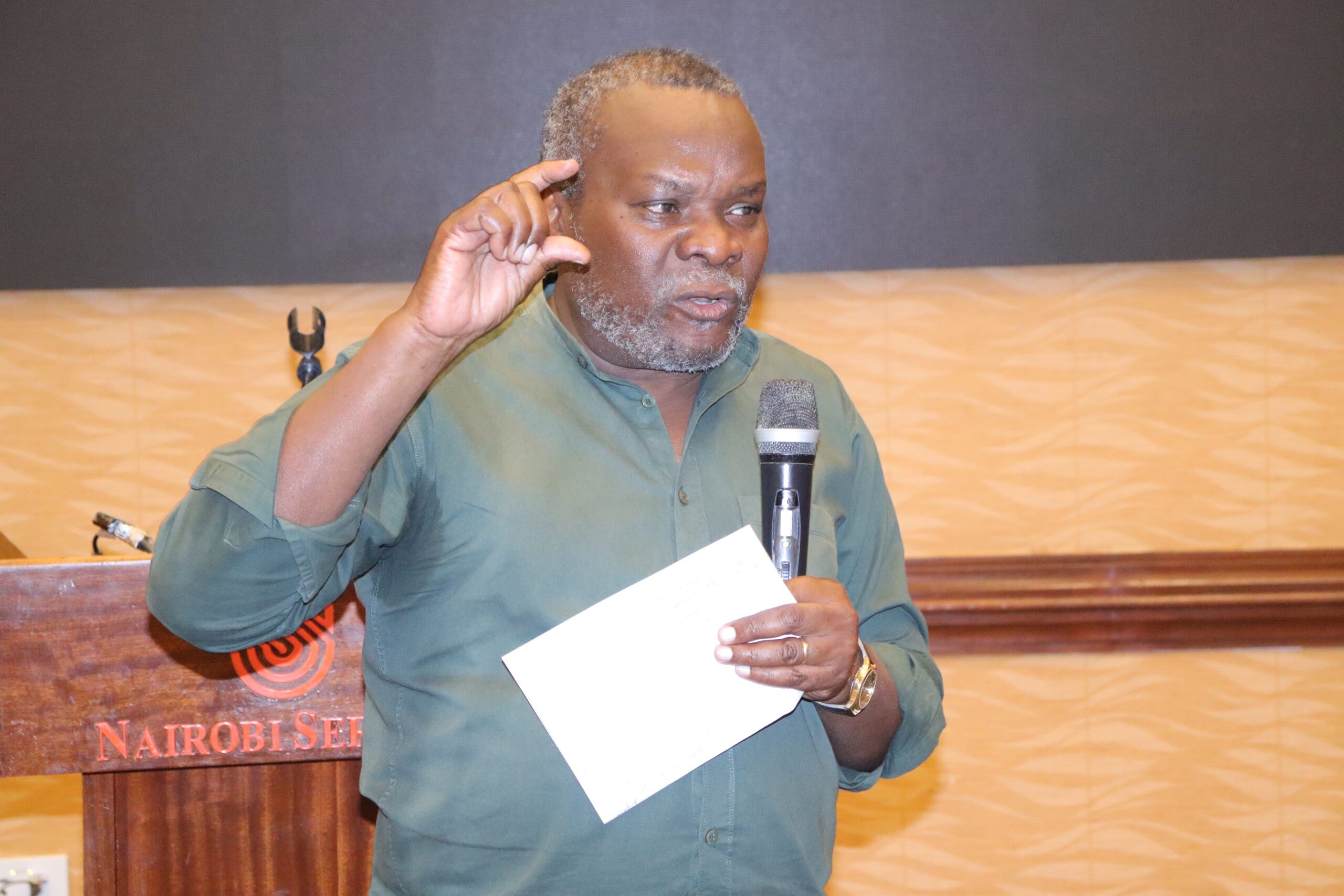
Macharia Gaitho, a retired editor, defended Kenyan media, saying they are neither pro- nor anti-GMO. “Contrary to popular belief, Kenyan media is one of the most balanced and professional in the world in reporting science and politics. We are jerks of all trades and masters of none. We are neutral,” said Gaitho.
After all the enlightening discussions, Wambui, one of the two farmers who attended the meeting, had only one message: “Please give us the Bt corn seeds. We are ready for it.”
_______________________________________________________________________________________________
Godfrey Ombogo is an editorial consultant, consulting science editor, and writer for Media for Environment, Science, Health and Agriculture (MESHA) in Kenya. He has been a reporter, sub-editor, and quality assurance editor at Daily Nation, The Star, and The Standard, respectively. He has also written for Talk Africa, an online multimedia content platform.
